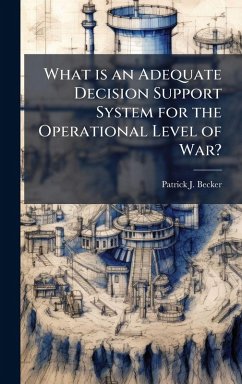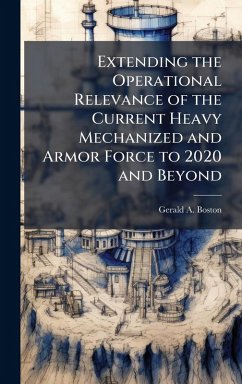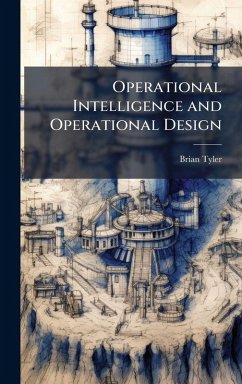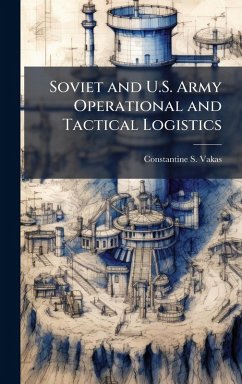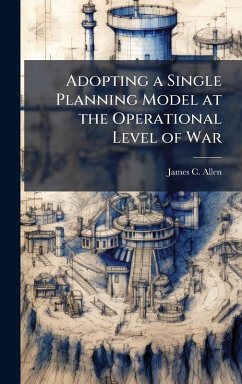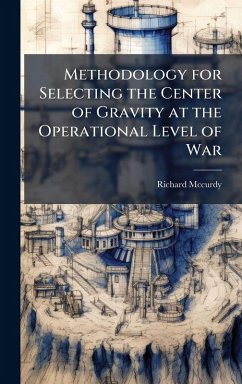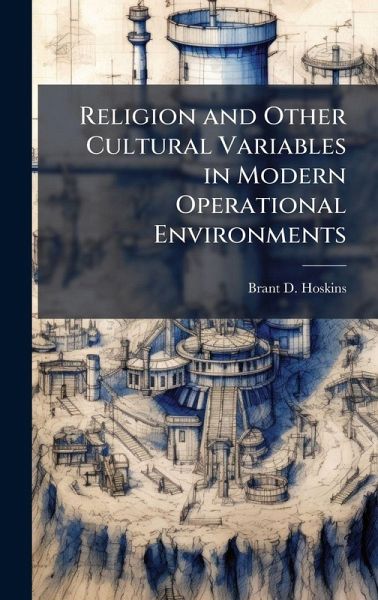
Religion and Other Cultural Variables in Modern Operational Environments
Versandkostenfrei!
Versandfertig in über 4 Wochen
28,99 €
inkl. MwSt.
Weitere Ausgaben:

PAYBACK Punkte
14 °P sammeln!
Accounting for religion and other cultural aspects of the operational environment continues to be a challenge for the United States military. The basis for this is scientific rationalism embedded in military problem solving processes. It is also a reflection of the US cultural preference to separate matters of government (conflict) from matter of faith and culture. The belief in this separation is largely a Western phenomenon and not universal. This monograph proposes that this American mindset inhibits the development of doctrine that addresses this phenomenon; therefore, it may prevent under...
Accounting for religion and other cultural aspects of the operational environment continues to be a challenge for the United States military. The basis for this is scientific rationalism embedded in military problem solving processes. It is also a reflection of the US cultural preference to separate matters of government (conflict) from matter of faith and culture. The belief in this separation is largely a Western phenomenon and not universal. This monograph proposes that this American mindset inhibits the development of doctrine that addresses this phenomenon; therefore, it may prevent understanding of future operational environments. This is significant because according to The Joint Operational Environment (JOE), the World through 2030 and Beyond, by United States Joint Forces Command (USJFCOM), future conflicts are likely to be dominated by religious and cultural factors. Accordingly, this monograph asked a series of questions directly related to the subject. First, are religions and cultural variables relevant in modern operational environments? An examination of the Palestinian-Israeli conflict, Soviet-Afghan War, and Operation Iraqi Freedom (OIF) demonstrated that these variables were central to those conflicts. The examination reveals that one could gain a working understanding of the conflicts by examining secular aspects of the conflicts alone. However, when religious and cultural variables were added, a more complete understanding of the conflicts emerged. Second, having established that religion and culture were integral in modern conflict, the monograph then asks, "How well did doctrine provide for an understanding of these variables?" An examination of key Joint and Army doctrine that was in place prior to OIF revealed that while it acknowledged the importance of culture and religion it offered little in the way of practical guidance for how to obtain more than a superficial understanding of each. While pre-OIF doctrine did not adequately cover these This work has been selected by scholars as being culturally important, and is part of the knowledge base of civilization as we know it. This work was reproduced from the original artifact, and remains as true to the original work as possible. Therefore, you will see the original copyright references, library stamps (as most of these works have been housed in our most important libraries around the world), and other notations in the work. This work is in the public domain in the United States of America, and possibly other nations. Within the United States, you may freely copy and distribute this work, as no entity (individual or corporate) has a copyright on the body of the work. As a reproduction of a historical artifact, this work may contain missing or blurred pages, poor pictures, errant marks, etc. Scholars believe, and we concur, that this work is important enough to be preserved, reproduced, and made generally available to the public. We appreciate your support of the preservation process, and thank you for being an important part of keeping this knowledge alive and relevant.



